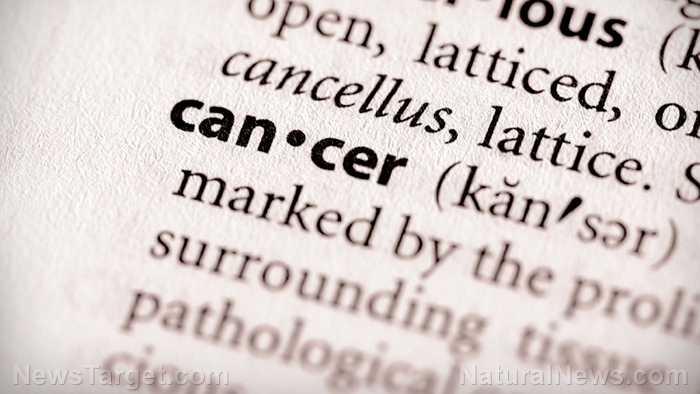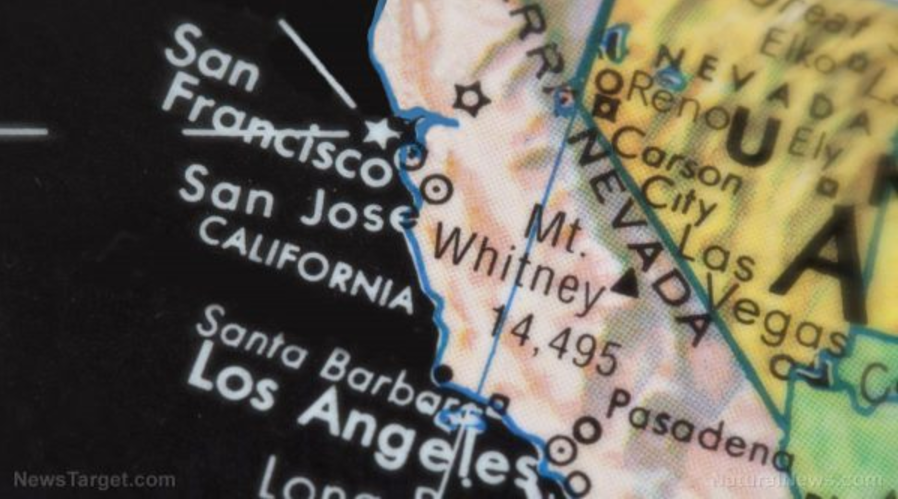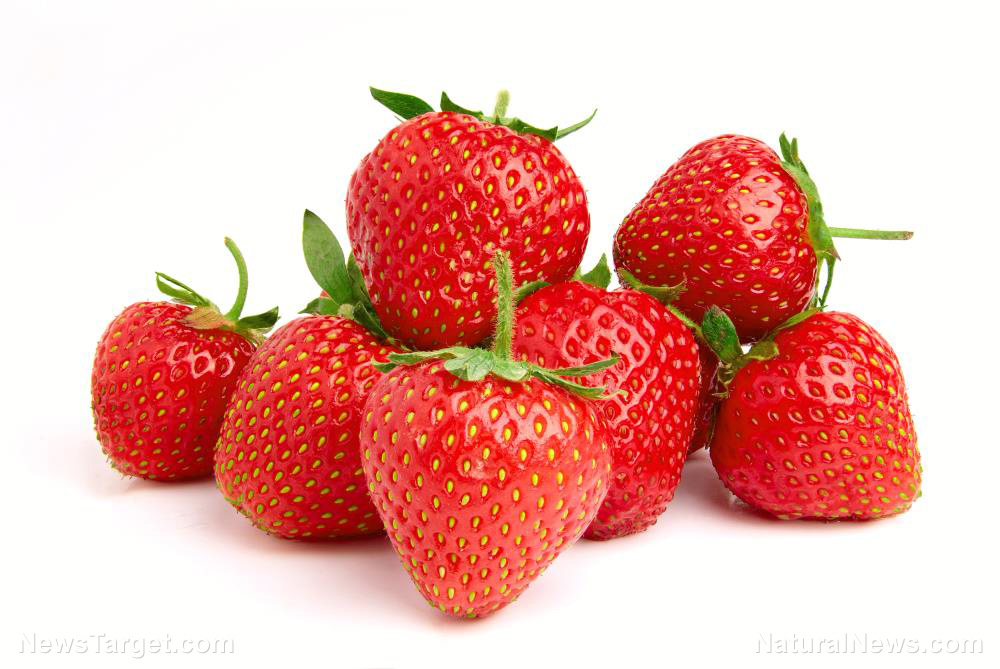Rethinking cancer: Dr. Thomas Cowan's "Cancer and the New Biology of Water" challenges conventional wisdom about the disease
- Dr. Thomas Cowan disputes the conventional belief that cancer is primarily caused by genetic mutations (oncogenes), arguing that this flawed theory has led to ineffective treatments like chemotherapy, with minimal progress in survival rates for decades.
- He redefines cancer as a metabolic disease, caused by damaged mitochondria forcing cells into inefficient glycolysis (Warburg effect) and creating chronic energy deficits that disrupt cellular function.
- The book introduces the concept of structured water in cells, a gel-like cytoplasm critical for ion balance. Cancer arises when this structure breaks down, impairing cellular energy and function.
- Cowan explores non-traditional treatments, including mistletoe (immune stimulation), deuterium-depleted water (reducing harmful isotopes) and NADH (boosting mitochondrial energy) to restore cellular health.
- He advocates for nutrient-dense foods (pastured meats, organic vegetables), fermented foods and a ketogenic diet to starve cancer cells of glucose, supporting prevention and self-healing.
Dr. Thomas Cowan's latest book, "
Cancer and the New Biology of Water," dares to challenge the long-standing oncogene theory that has dominated cancer research for decades. Published at a time when the war on cancer seems to have stalled, Cowan's work offers a radical new perspective that could redefine our understanding of this devastating disease and revolutionize its treatment.
For years, the prevailing belief has been that cancer is a genetic disorder, primarily caused by mutations in oncogenes – genes that, when altered, can lead to uncontrolled cell growth. This theory has driven the development of treatments like surgery, radiation and chemotherapy, which aim to eliminate or control these rogue cells. However, despite the billions of dollars invested in research and treatment, the outcomes for many common cancers, such as those of the breast, prostate and pancreas, have seen minimal improvement over the past five decades.
Dr. Cowan, a respected figure in alternative medicine, argues that the oncogene theory is fundamentally flawed. He points out the genetic heterogeneity of cancer cells, with thousands of different mutations present even within a single tumor. This diversity makes it nearly impossible to find a one-size-fits-all cure.
"The idea that cancer is primarily a genetic disease is a misconception," Cowan asserts. "We need to look beyond genetics to understand
the true nature of cancer."
At the heart of Cowan's argument is the concept that cancer is fundamentally a metabolic disease, rooted in a crisis of cellular energy. The key players in this crisis are the mitochondria, the cell's energy powerhouses. In healthy cells, mitochondria generate ATP, the cell's energy currency, through oxidative phosphorylation, a process that relies on oxygen. However, in cancer cells, this process is disrupted. Environmental toxins, radiation and other factors damage the mitochondria, forcing cells to rely on glycolysis, a less efficient, oxygen-independent method of energy production. This shift, known as the Warburg effect, results in a chronic energy deficit within the cell.
To illustrate this, Cowan uses the analogy of a salary cut: "Imagine earning $36 an hour, then suddenly your income drops $2 an hour. You'd have to work much harder to make ends meet. Similarly, cancer cells are forced to work much harder to generate the energy they need, leading to a cascade of problems."
This is where the "new biology of water" comes into play. Cowan introduces the concept of structured water, a gel-like substance that forms the basis of the cell's cytoplasm. This structured water is crucial for maintaining the proper balance of ions across the cell membrane, which is essential for cell function. When this gel structure breaks down, the cell loses its charge and its ability to function properly. According to Cowan, this breakdown is
the root cause of cancer.
So, how can we address this crisis of cellular energy and restore the health of the cell's cytoplasm? Cowan explores several alternative therapies that aim to do just that. One of the most intriguing is the use of mistletoe, a plant with a long history in traditional medicine. Mistletoe is believed to stimulate the immune system and has been shown to improve survival rates in some cancer patients.
Another promising therapy is the use of deuterium-depleted water (DDW). Deuterium is a heavy isotope of hydrogen, and high levels of deuterium can interfere with cellular processes. By consuming water with reduced deuterium levels, patients may be able to slow down the growth of cancer cells and improve their overall health.
Cowan also discusses the potential of NADH, a naturally occurring substance in the body that plays a crucial role in energy production.
NADH supplements may help boost mitochondrial function and improve the health of the cell's cytoplasm. (Related:
“World Without Cancer”: A deep dive into the world of alternative cancer treatments.)
In addition to these therapies, Cowan emphasizes the importance of diet and lifestyle in preventing and treating cancer. He advocates for a diet rich in high-quality, nutrient-dense foods, including pastured animal products, organic vegetables and fermented foods. He also recommends a ketogenic diet, which can help shift the body's metabolism away from glucose and towards fat, potentially starving cancer cells of their preferred fuel.
"Cancer and the New Biology of Water" is more than just a book; it's a call to rethink our approach to cancer. Cowan's work challenges conventional wisdom and offers a new paradigm that could lead to more effective prevention and treatment strategies. While his ideas are controversial, they are also incredibly thought-provoking and offer hope for the future.
Learn more about the book "
Cancer and the New Biology of Water" by watching the video below.
This video is from the
BrightLearn channel on Brighteon.com.
Sources include:
Brighteon.ai
Brighteon.com
 Parler
Parler Gab
Gab










